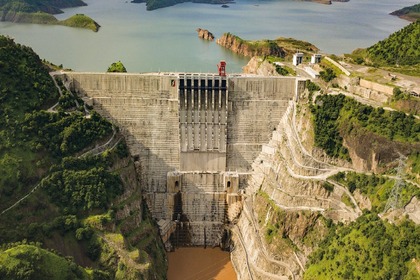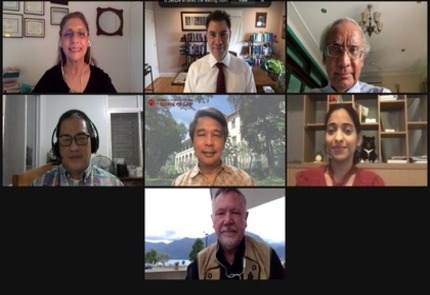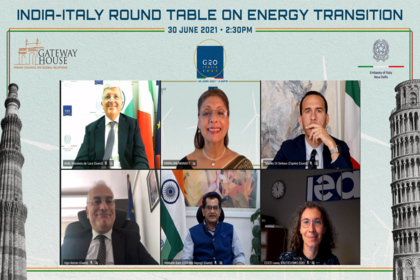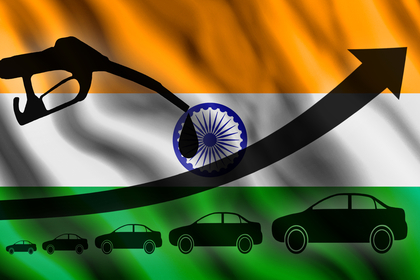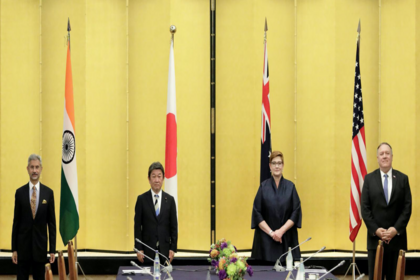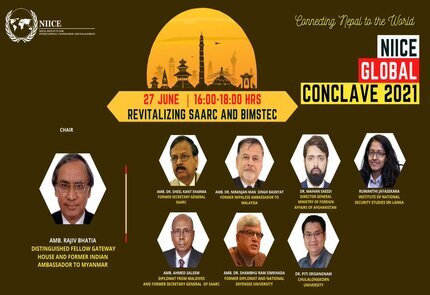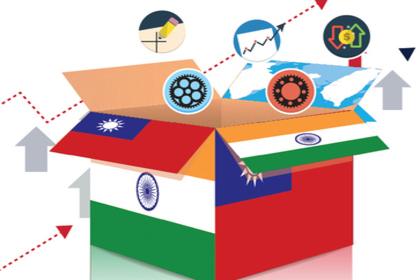The politics of the Ethiopian dam
The Grand Ethiopian Renaissance Dam is a necessary infrastructure, but its politics have become complex and now enmeshed in conflict. With the second filling, the efforts to make it a technical negotiation have waned. It is again a political and strategic pressure point on Ethiopia.

